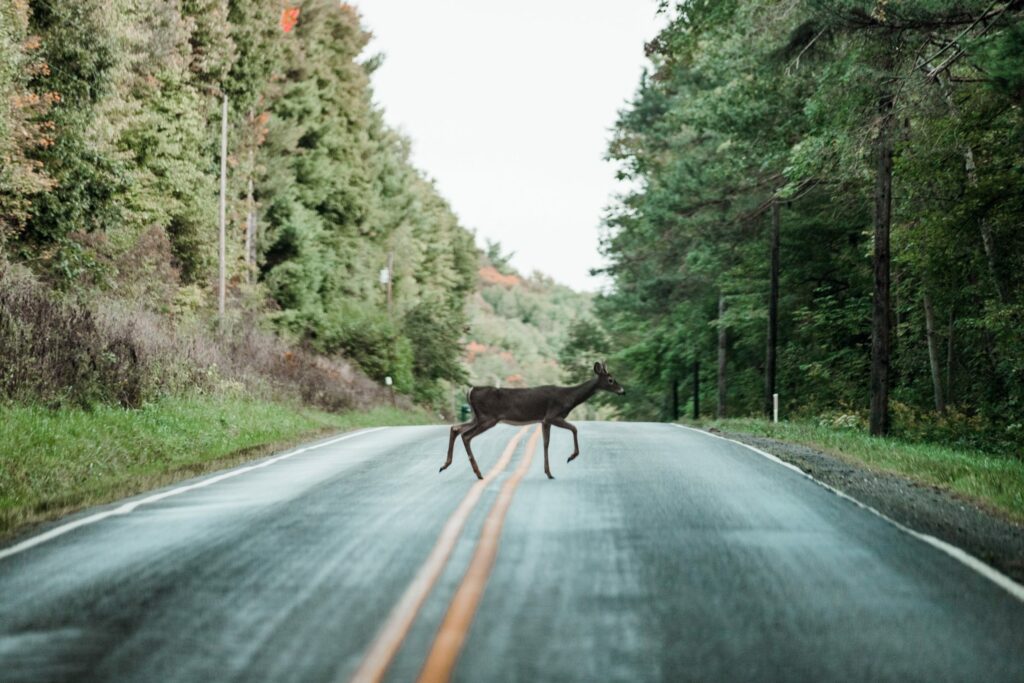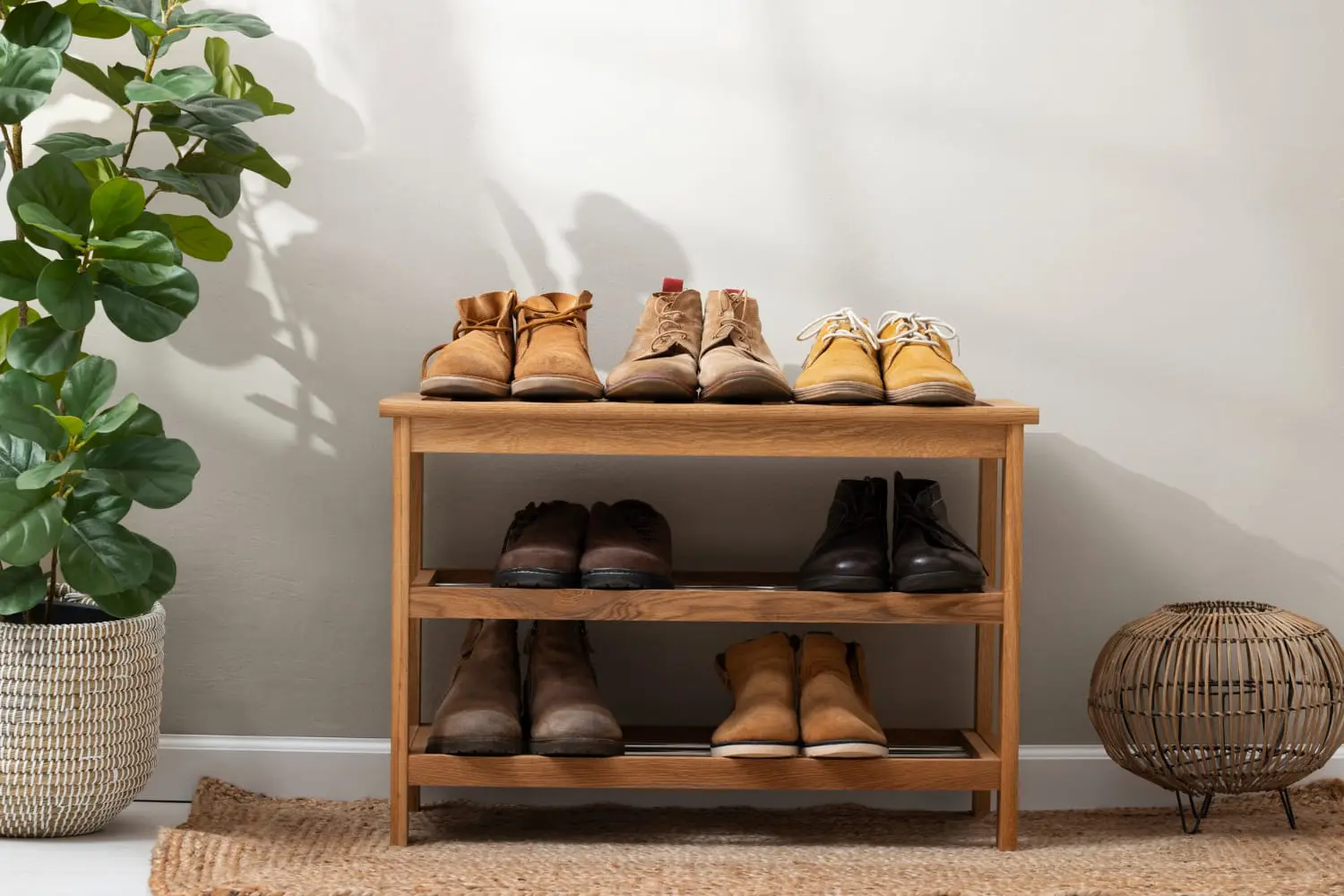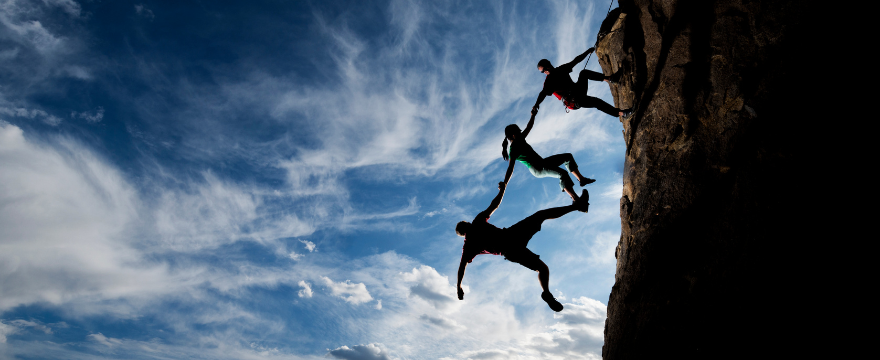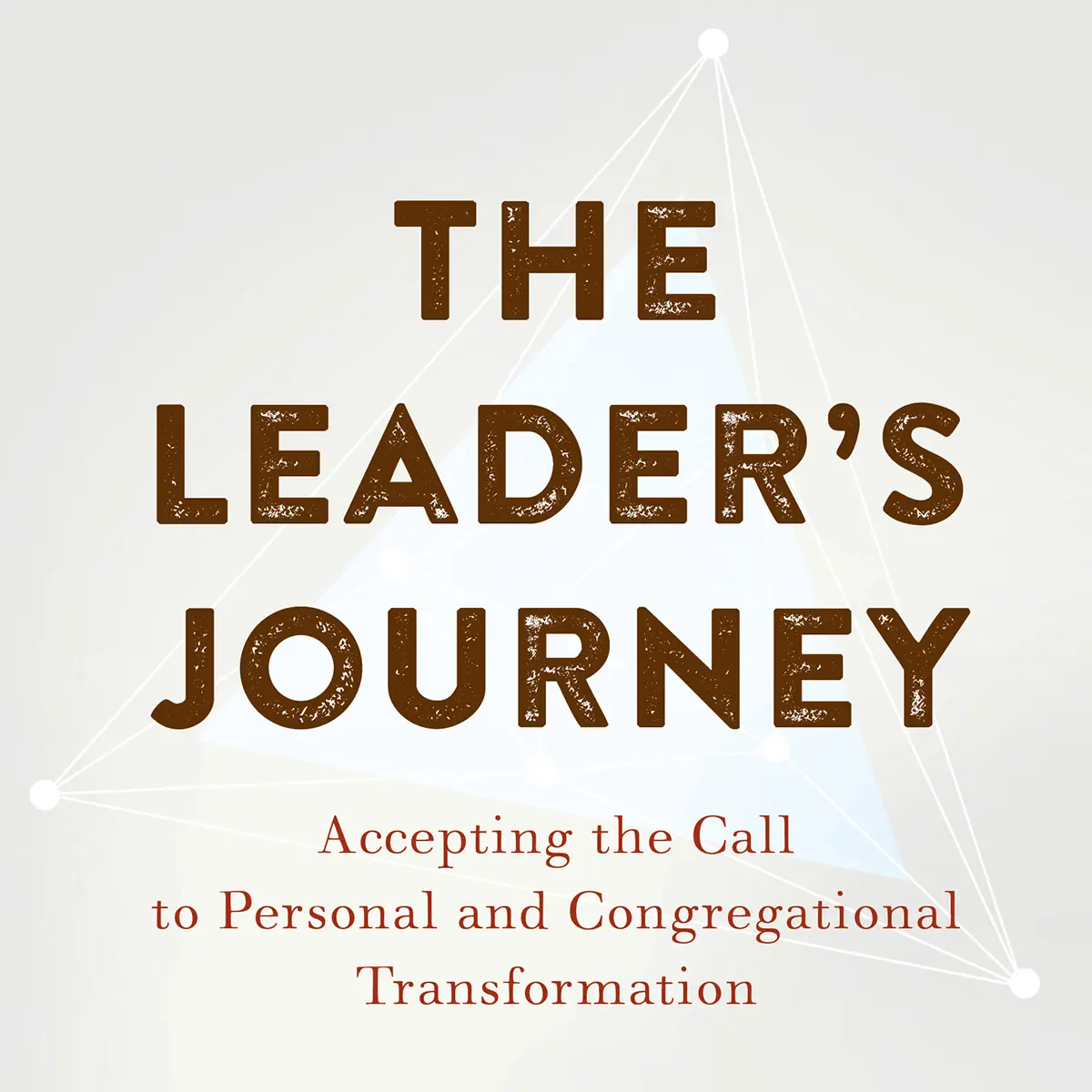Somewhere along the way I became convinced that if I could do a little bit better for myself, the people around me might be able to do a little better as well. And that is important to me as a husband, father, foster parent, pastor, and leader.
Doing better for myself
At first, that sounds selfish. Self-centered. But in reality, I believe it is one of the most generous and other-serving efforts I can undertake. Let me explain that.
Doing better does not mean having more financial success or greater popularity. It means being more clear in my own thinking about who I will be and who I won’t be; what I will do or what I will not do. And it means being able to hold on to that clear identity across a range of relationships and under pressure to be or act or believe differently.
Anxiety is the hardwired desire to be safe
A one-word short-hand for the phrase pressure to be different is anxiety. Anxiety is not just nervousness. It is the hardwired desire to be safe. It is the alarm system that tells us we aren’t safe. My brain is masterful at both observing and interpreting. Not because I am smart, but because I have lots and lots of practice. I constantly observe my environment and interpret relationships cues for signs of danger. And then I react automatically to avoid that threat. My brain wants to keep me safe.
As I write this in Michigan, we are in deer hunting season. The local deer population is pretty stirred up right now and deer-car accidents are common. Driving at dusk requires a high degree of the sort of vigilance we are talking about. If a deer jumps out in front of you while you are driving, you will experience anxiety in massive doses and you will immediately act to avoid the danger. The automatic response will be either to slam on the brakes or to swerve away (provided you have any warning at all, which is not always the case). Safety experts say that is exactly the wrong thing to do as it potentially puts both yourself and other drivers at even greater risk. Anxiety spreads to others, their automatic evasive moves create even more risk, anxiety spreads again, further, and so on. Instead (bonus: free driving tip) the experts say one should gently apply the brakes and not ever swerve. Some even say accelerate into the impact. Yikes.
How would you prepare yourself to do the best thing instead of the instinctive thing in the face of a renegade deer?
Your answer to that challenge may include things like:
- Rehearse/visualize/practice the desired response
- Be aware of other drivers in the vicinity and of the impact my reactions will have on them
- Consult others about their experience for insight/coaching
Your answer to the question about ‘growing up’ as a driver will also provide a roadmap (notice the clever pun) for growing up as a person. The context for growing up as a person most often has to do with the relationships we navigate in life. Relationships at work and in my family produce anxiety. We monitor them constantly and automatically for signs of danger or distress. We experience the need to keep ourselves safe from them and in them.
While recognizing that abusive relationships inflict real harm and merit immediate evasive action, most perceived relationship threats are more about my learned interpretation than fact.
For example, I may experience you as a threat to my wellbeing, happiness, self-image, reputation. Yet, truthfully, the mere presence of a different opinion or a rumor or an angry spouse doesn’t have to mean Danger. Discomfort, distress, unpleasantness, pressure—Yes. Danger, not often.
In the event of a renegade staff member or imminent collision with congregational conflict, will I stomp on the relationship brakes or swerve away, attempting to avoid and ignore? Can I see the potential damage those automatic reactions might cause to others around me? What will I do and what will I not do instead? What would it take to choose a different response?
Developing the perspective and resources and then practicing those favorable alternatives is the work of growing up. It takes time, maybe a lifetime. And it takes a certain degree of focus on self. That is not selfish.
When I can navigate my own vehicle a little more safely and not become an obstacle (oncoming, head-on traffic!) to someone else I am serving the needs of others who share life with me.
Additional resources:
Photo by Donnie Rosie on Unsplash

